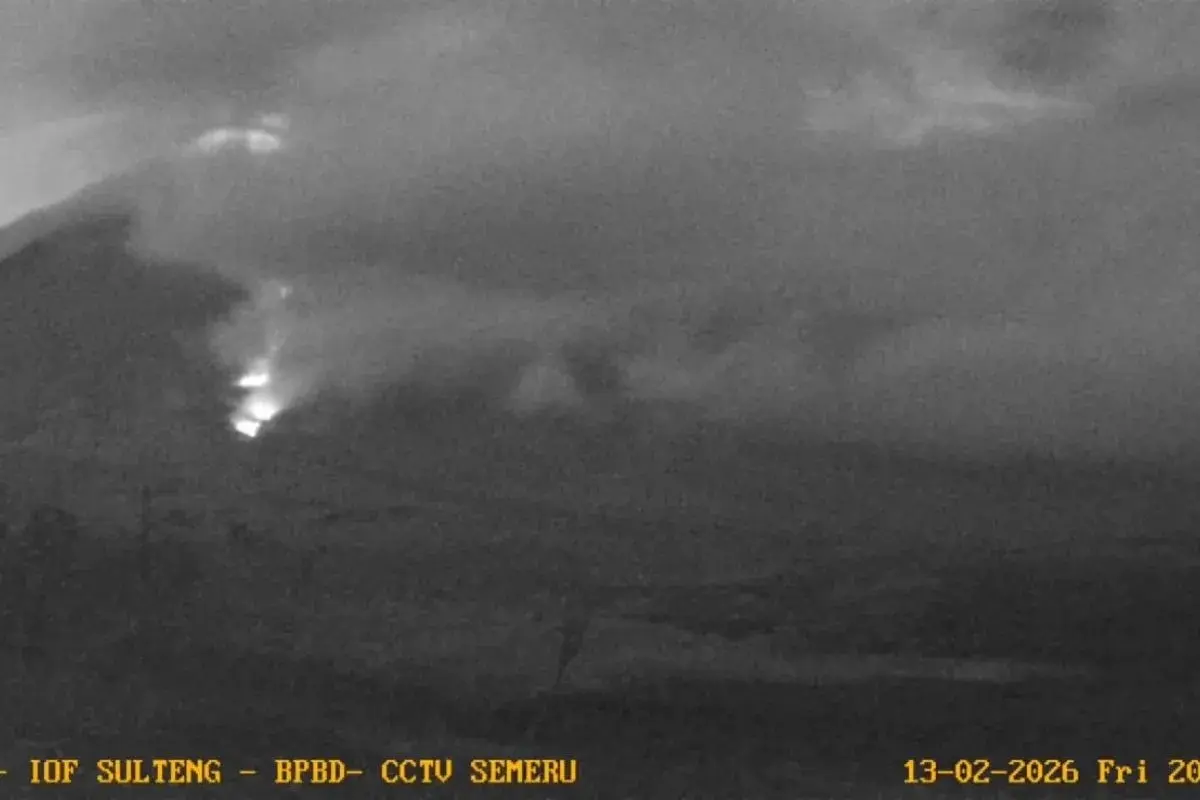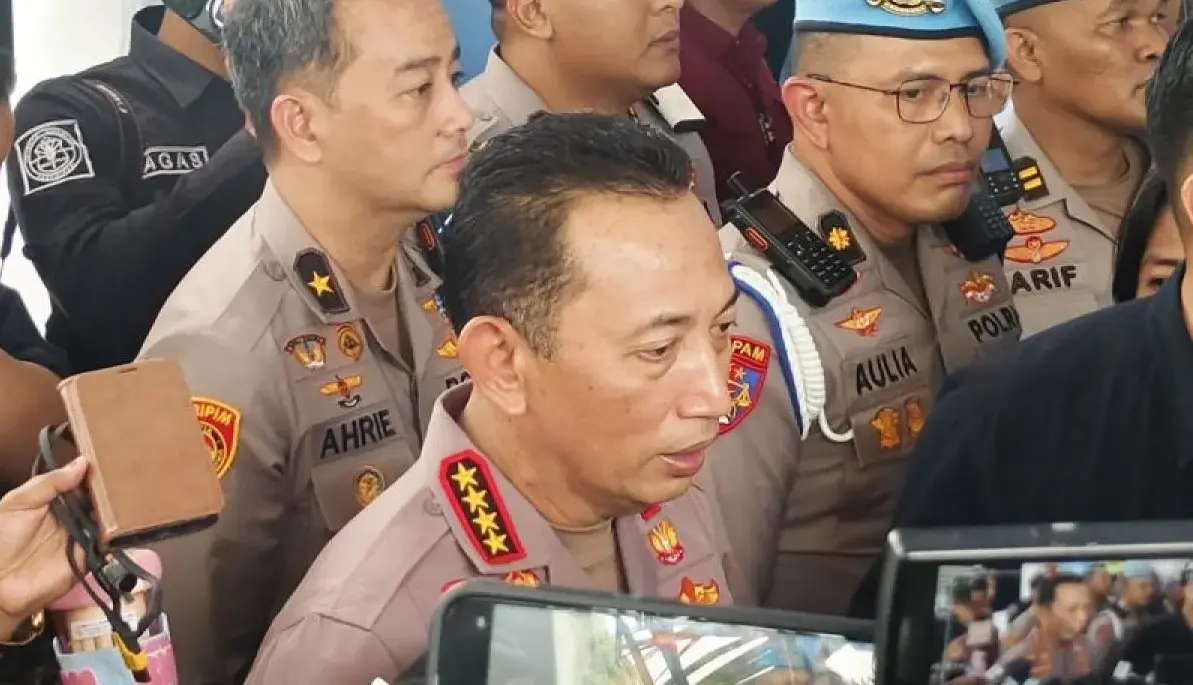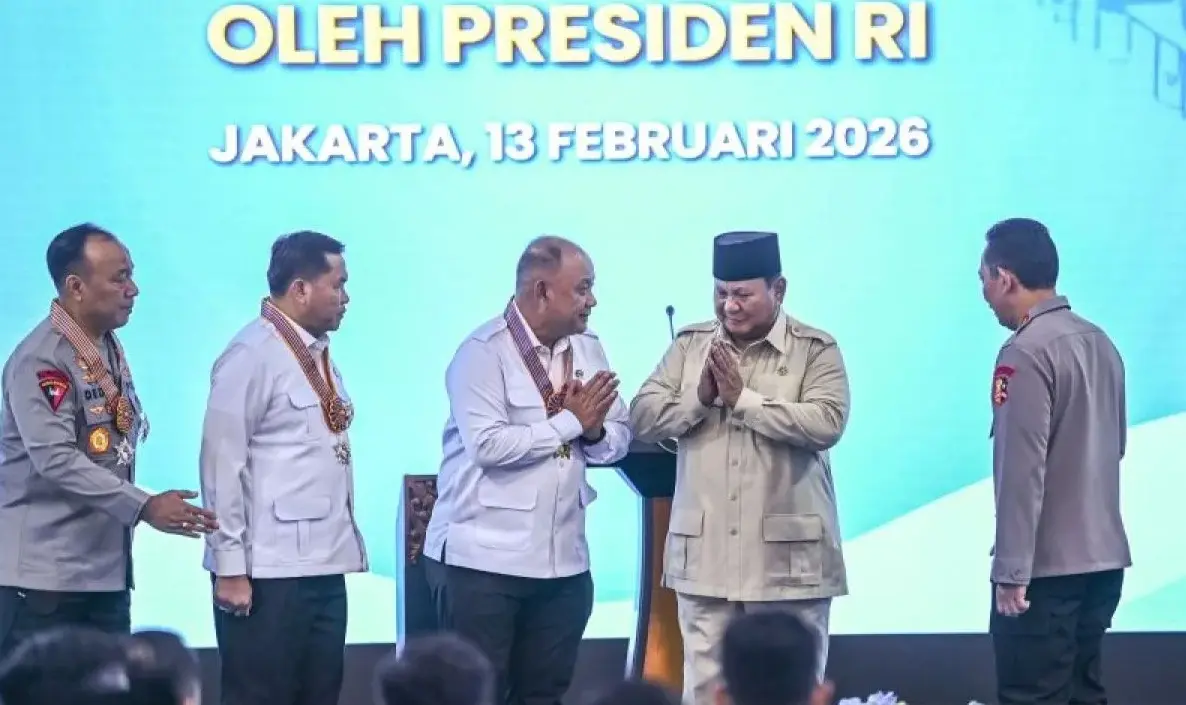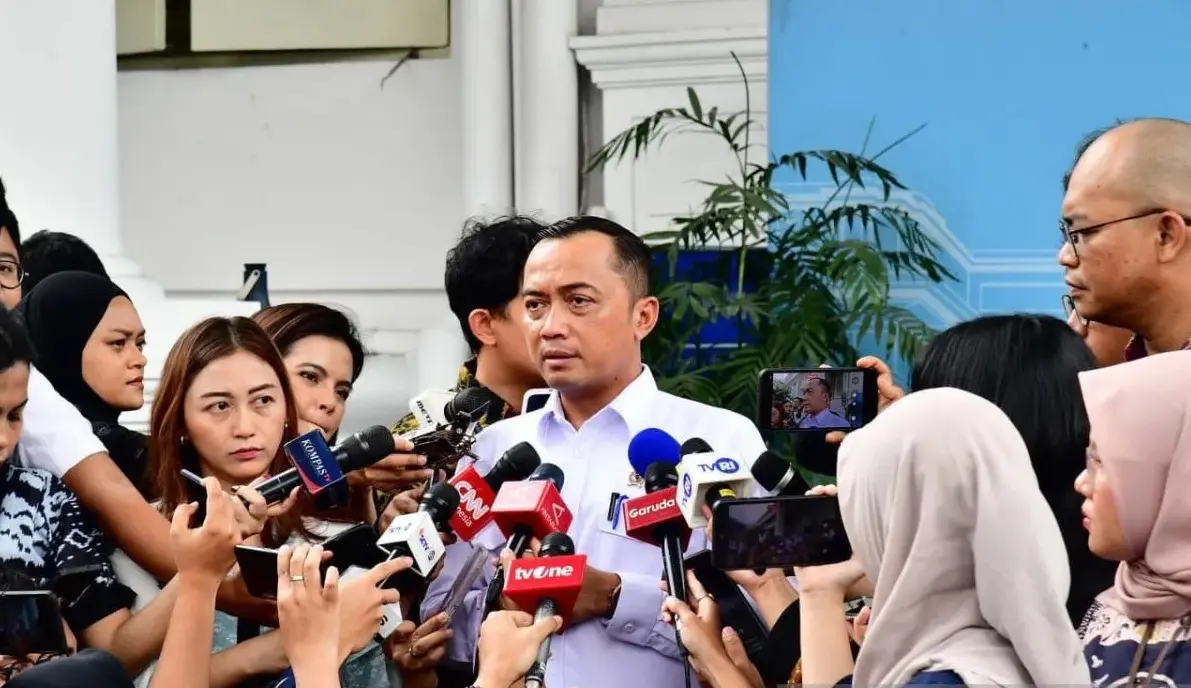inp.polri.go.id – Indonesia submitted an "Indonesian Paper" to the United Nations (UN) to fill the vacuum in international law regarding nuclear-powered submarines.
The Representative of the Republic of Indonesia at the United Nations submitted a paper entitled "Nuclear Naval Propulsion" at the 10th Review Conference of the Parties to the Treaty on the Non-Proliferation of Nuclear Weapons (NPT RevCon) which was held in New York on August 1-26. "The main purpose of this proposal is to fill the gaps in international legal rules regarding nuclear-powered submarines, build awareness of the potential risks, as well as efforts to save human and humanitarian lives," said the Director General of Multilateral Cooperation of the Indonesian Ministry of Foreign Affairs, Tri Tharyat.
Through its official statement, the Republic of Indonesia representative in New York stated that the Indonesian Paper was important considering Indonesia's geographical position was very vulnerable to the potential risks of nuclear submarine projects to the surrounding countries. "Indonesia's geographical position as an archipelagic country adds to the level of vulnerability to these potential risks," wrote the paper.
The Indonesian representative admits that the countries that are excited about developing nuclear-powered submarines lately have indeed ensured that the program is still in line with various international agreements.
But on the other hand, there are also opposing countries who consider the program to violate nuclear non-proliferation commitments, opening up opportunities for nuclear weapons-owning countries to collude with non-owner countries. "The risk of this program is not small. If it is not handled properly, nuclear leakage can occur during transportation, maintenance, use, and environmental pollution due to nuclear radiation that endangers humans and marine resources," wrote the Indonesian representative in New York.
"In addition, nuclear materials used in military submarines are also vulnerable to being diverted into weapons. If not strictly regulated, this activity will set a precedent that will actually encourage the proliferation of nuclear weapons," continued the statement by the Indonesia representative.
The Indonesian representative stated that the Indonesian Paper proposal was Indonesia's attempt to show another perspective to these countries.
Indonesia itself is flanked by countries that have recently touted a nuclear-powered submarine program. In September 2021, Australia agreed to build a nuclear-powered submarine based on the agreement of three countries, the United States, Britain, and Australia (AUKUS).
A number of parties view that this cooperation is an effort to balance China's power in the Indo-Pacific region. Indonesia has repeatedly expressed its objections out of concern about the potential for open war.
Meanwhile, China is also reportedly developing a new nuclear-powered submarine in recent times.












